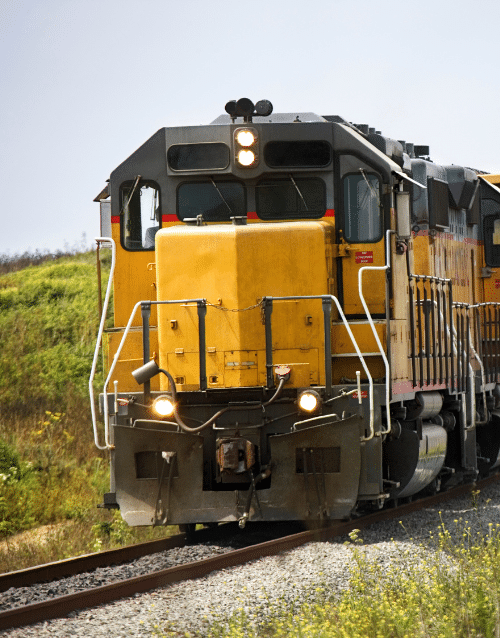Liability and Negligence in a FELA Claim
In a typical workers’ compensation system, non-railroad employers automatically assume liability for medical expenses and a certain amount of income loss after a workplace accident, with no regard given to who might be to blame for the incident in question. However, under the Federal Employer’s Liability Act (FELA), railroad workers must prove that some form of negligence or violation of a saftey by their employer contributed to causing their damages.
Fortunately, FELA allows recovery for both economic and non-economic damages like pain and suffering. The requirement of proving some negligent conduct by the railroad nevertheless makes these cases more complicated than workers’ comp claims. FELA law requires special knowledge of railroad practices and rules. If you have questions about liability and negligence in a FELA claim, having a conversation with a skilled railroad accident attorney from Cooper Hurley Injury Lawyers may be crucial. We are always willing to talk to a railroader about an on-the-job injury.
What Constitutes Negligence by a Railroad Employer?
Negligence in a FELA claim is largely the same as negligence in a personal injury case. It entails a violation of a duty of care that leads to compensable losses. Under FELA, the duty of care railroad employers owe to their employees includes not only maintaining a safe working environment, but also giving workers the tools and training they need to safely complete work-related tasks.
There are a number of ways an employer could breach this duty toward their workers, some of the most common of which include:
- Failing to provide appropriate and functional safety gear
- Failing to provide or require proper training for employees
- Not supervising employees performing hazardous tasks
- Unreasonable work quotas and hours of service that encourage unsafe behavior
- Not inspecting worksites for hazardous conditions or failing to fix known hazards within a reasonable amount of time
- Not enforcing federal or state-level safety regulations and company rules
Our experienced railroad accident attorneys could determine if the circumstances of a particular case constitute negligence by an employer and how that could make them liable in a claim under the FELA.
Proving Liability Through a FELA Claim
One important way in which FELA claims differ from typical VA personal injury lawsuits is in the burden of proof the claimant must meet on causation. Specifically, an injured railroad worker seeking compensation under FELA only must show that their employer’s negligence caused the injury in whole or in part. The FELA causation is less strict than the “proximate cause” standard in a non-FELA Virginia tort case.
This standard is meant to reflect the inherent dangers of working on and around moving rail equipment and the degree of responsibility employers have to protect employees from those dangers. That being said, railroad workers can be found partially responsible for causing or exacerbating their own injuries as well, which could reduce the recovery in a FELA claim.
Much like comparative negligence by the claimant can restrict damage awards, fault by the claimant could lead to a proportional reduction in the total compensation in a FELA lawsuit. Additionally, if a railroader himself is solely to blame for their damages, they may be barred from recovery altogether.
Learn More About Negligence and Liability in FELA Claims from a Virginia Attorney
Proving negligence by a railroad employer is essential to establishing liability and recovering compensation through a FELA claim. To establish negligence, you may need to collect and present significant evidence of fault by the railroad for your injury and not doing so could leave you without the financial award you need.
A qualified FELA lawyer could provide essential help in this regard throughout your case. To determine how to best establish liability and negligence in your FELA claim, call Cooper Hurley Injury Lawyers today.
Find Out What Your
Case is Worth
Testimonials





